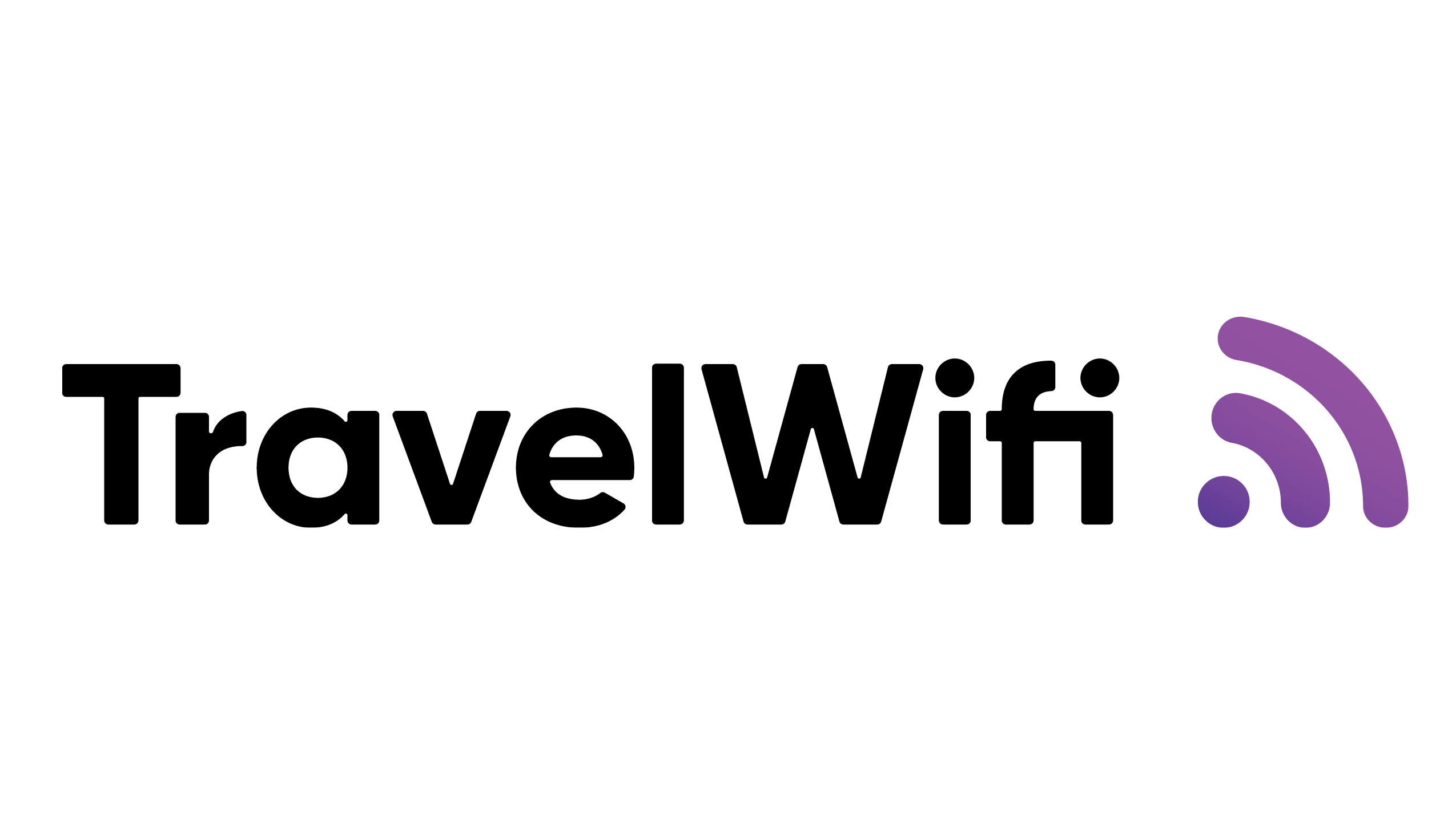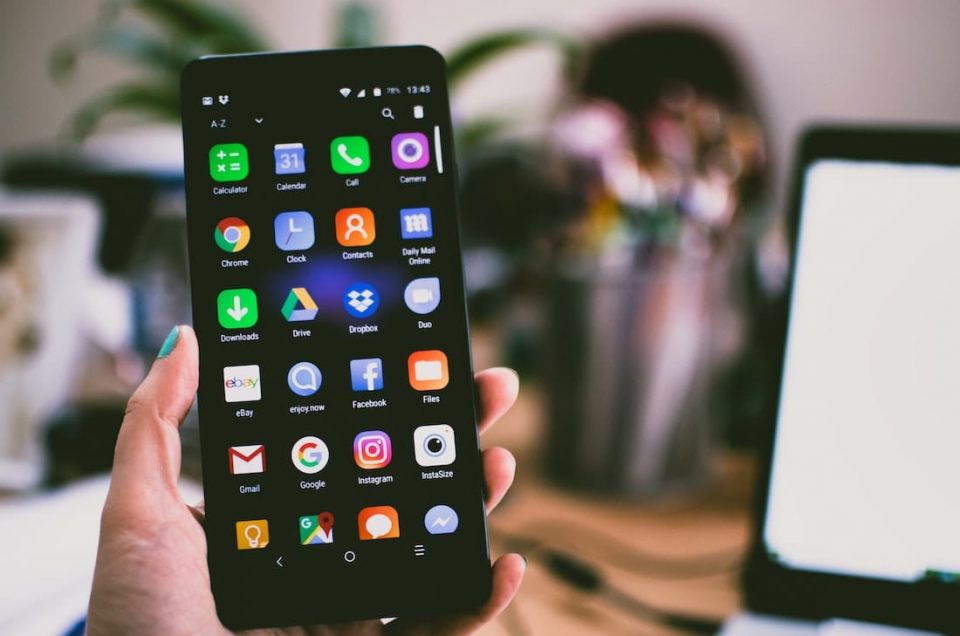Technology has revolutionised the way we travel. It wasn’t so long ago that going overseas meant you’d be completely out of contact, but now it’s easy to stay in touch with loved ones. The internet has also made it easier to make plans while on the go, be more spontaneous and adapt to any situation that might be thrown your way.
However, alongside these unquestionable benefits, our newfound ability to access the internet, no matter where in the world we are, has brought along some alarming risks. Travelers are becoming some of the most common victims of identity theft, to the point where, if you fail to protect yourself beforehand, you’re very likely to fall victim to a disaster!
What Is Online Identity Theft
When most people think of identity theft, they immediately jump to criminals rummaging through your rubbish in search of personal documents, or missing wallets with important identification cards. However, the advent of the internet has allowed this crime—like many other things—to go digital.
Now, cybercriminals are finding ways to get into your devices and pharming the information they find there with the goal of being able to reproduce your identity. Commonly, this will then lead onto the criminals applying for fraudulent loans, or other money-making schemes, under your name.
Why Travelers Are at Risk
For travelers, the allure of accessing the internet while overseas is one that can’t really be avoided. As previously mentioned, the benefits of being able to get online are enough to completely transform your trip. While there’s nothing wrong with this, in theory, it’s the form of internet connection that travelers are forced to use, which is where the problem arises.
As people very rarely waste mobile data while overseas, due to the expensive roaming charges it undoubtedly ensues, travelers are forced to rely on public WiFi networks. While these hotspots are common and easy to access, they also bring with them a heightened risk.
The Problem with Public WiFi
Public WiFi hotspots are open networks, and this is where the problem arises. Unlike your internet at home, they have no encryption process, meaning that anyone who is using the network at the same time as you are able to view everything that you view, and see any data that you input.
This means every time you enter a password, make a payment or sign up for to a new website, malicious hackers could be intercepting that information and using is to steal your identity. And it doesn’t take long; imagine how much damage could be caused by simply gaining access to your emails, for example.
Rogue Hotspots
Criminals all over the world are becoming aware of how much reliance travelers have on these public networks and are jumping at the opportunity to use this fact for their own personal gain. It’s happening to such an extent that there are countless rogue hotspots being set up with the sole purpose of collecting your data.
These malicious networks often mimic the names of trusted providers, so it’s easy to connect by accident. Once you’ve gained access, it will automatically record all the useful information it can without you even realizing your identity is being stolen.
But There Is a Solution!
Fortunately, there are a couple of great solutions available that can easily overcome this problem and allow you to browse securely. Investing in a portable WiFi option means you’ll never have to worry about public networks again. Tep’s portable hotspot lasts for up to 8 hours and creates a wireless connection for up to a 15m radius. And most importantly the connection is protected by your own unique password (WPE – WPA key), so you can relax with the confidence that your data connection is always safe.
However, if you’re too attached to your coffee shop atmosphere to give up the public WiFi completely, or you’re worried about your portable device’s battery life running out and leaving you stranded, running a good Virtual Private Network, such as LiquidVPN, can also overcome the risk. A VPN program works by creating an initial secure connection, which encrypts your data, and subsequently allows you to connect to any network anonymously and securely.
While there are very real and potentially disastrous risks to connecting to public WiFi when traveling, it should never be something that affects your trip. Sure, the threat is there, but by properly informing yourself and taking the necessary precautions, you’ll never have to worry about staying safe online while traveling again.
If you have any more tips to help fellow travelers avoid identity theft, be sure to leave a comment below!
About the author: Jess Signet is a digital nomad and blogger. She loves writing about technology and travel – preferably how you can combine both! She hopes this article will help you stay safe whether you’re traveling long term or enjoying a well-earned vacation.




